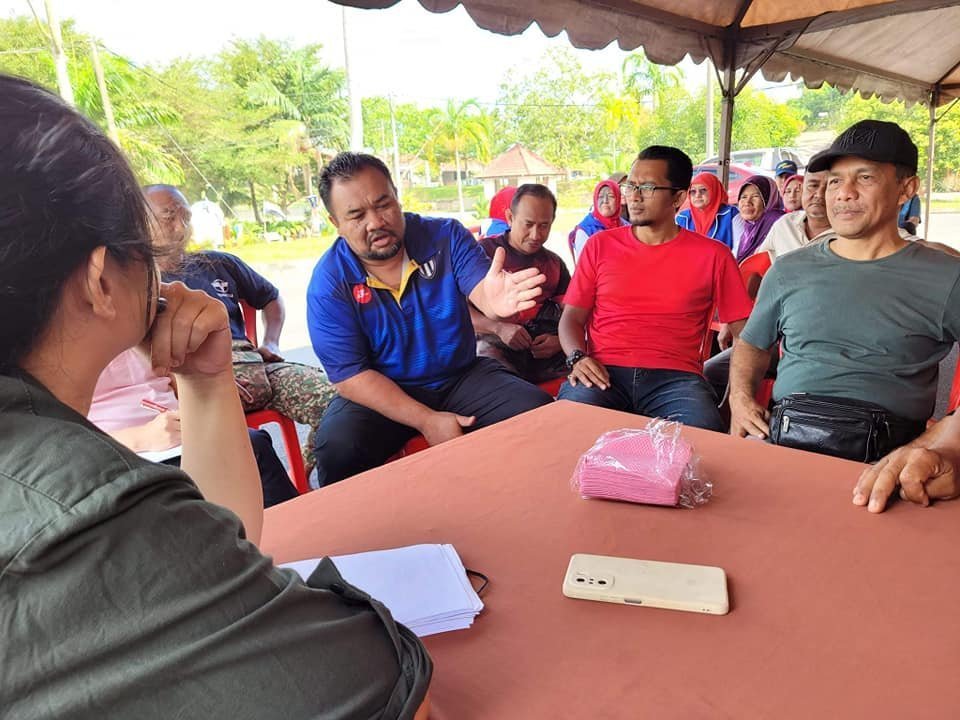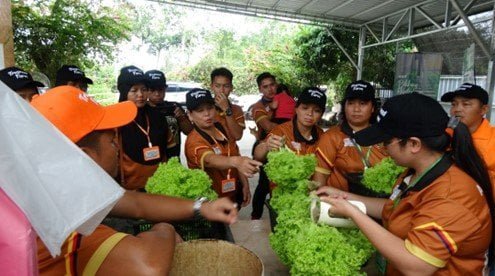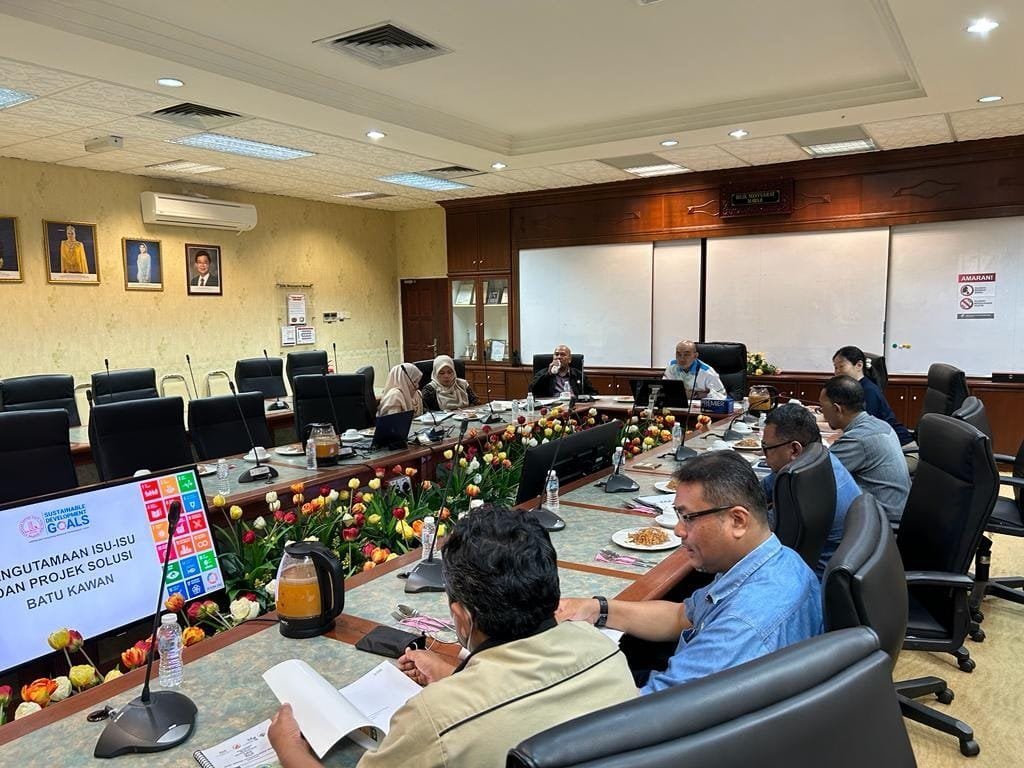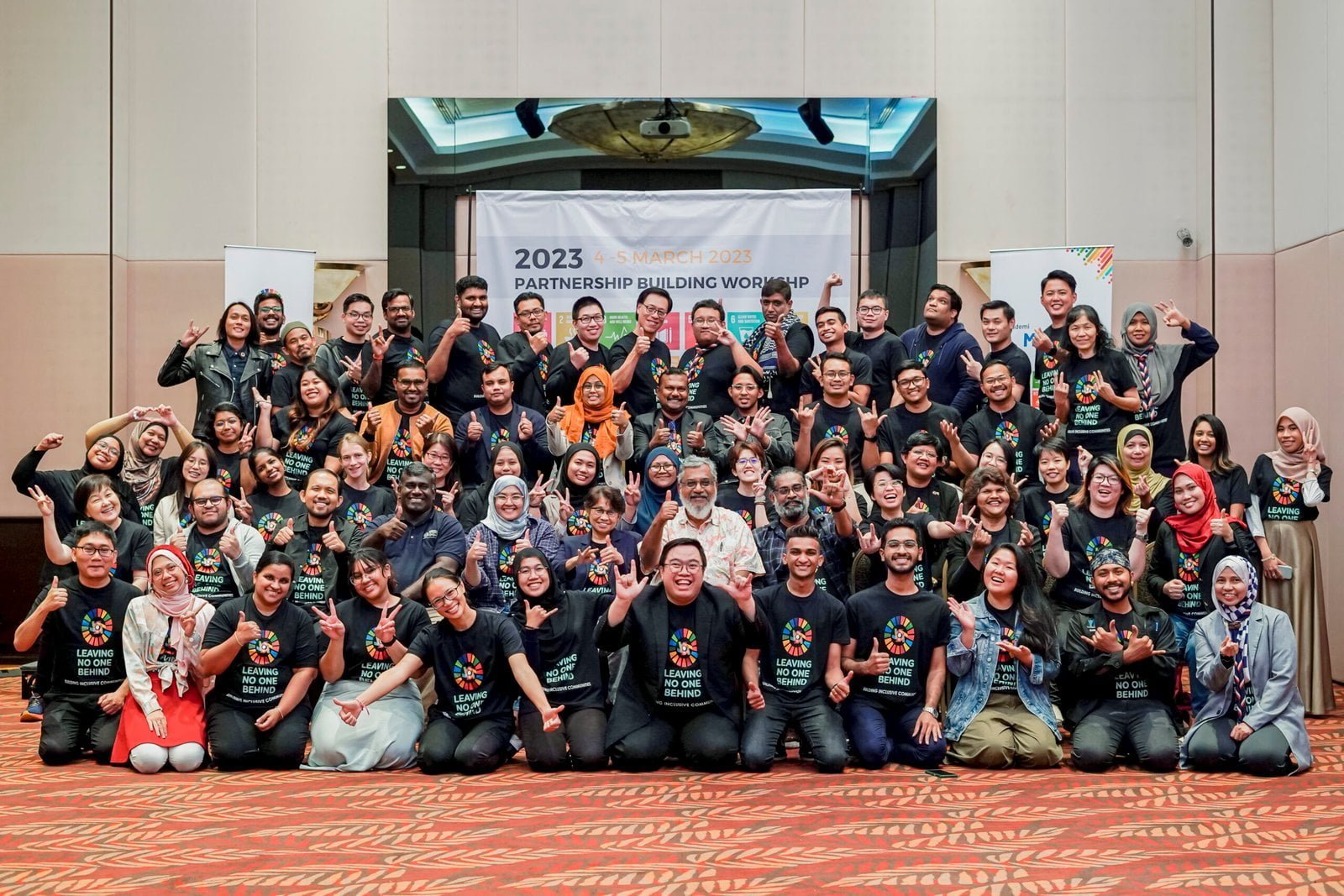HOW WE WORK

RESEARCH
ISSUE MAPPING, PRIORITIZATION AND SITUATIONAL ANALYSIS OF LOCAL NEEDS
The core of the APPGM-SDG work is to identify local needs and issues based on the SDGs. The APPGM-SDG employs bottom-up and participatory approaches in mapping issues and analyzing the situations on the ground.
The methodologies involve focus group discussions with the grassroots communities, community leaders, local non-governmental organizations, district-level civil servants, the MPs and officers, and government agencies. The APPGM-SDG prioritizes key issues from the findings of the issue mapping, with further inputs from the MP office and government agencies. The mapping and prioritization of issues assist the APPGM-SDG in identifying local solution projects to be undertaken by the local solution providers.
After the issue mapping, the APPGM-SDG delves deeper into the key issues with situational analysis. The analysis entails desk research, focus group discussion, in-depth interviews and possibly surveys. Its report furnishes necessary data and analysis for the APPGM-SDG’s policy advocacy.

SOLUTION PROJECTS
SDG SOLUTION PROJECTS (MICRO) AS A POINTER FOR LONG-TERM SOLUTIONS AND TO BE REVIEWED FOR SUSTAINABILITY
Solution projects which are micro-projects with micro funds of RM20,000-RM40,000 for a period of 3 to 4 months illustrate the possibilities of local solutions. It is also an exercise in trust-building moving beyond field study and documentation of local needs and issues.
Micro solution projects require further work on sustainability to ensure that it does not end as a one-off project. As APPGM-SDG provides only two-year funding, a selected number of best solutions projects shall move into long-term projects with new funding sources from CSR and GLC sources as well as community funding.

PROMOTIONAL
PROMOTION OF SDGS AT THE DISTRICT LEVEL
Our major task is localizing SDGs at the grassroots especially at the district and local authority level by ensuring no one is left behind and encouraging agencies and local communities to appreciate the cross-cutting nature of development and sustainability with a focus on the five Ps namely People, Planet, Prosperity, Peace, and Partnership.
To achieve this, we undertake a need assessment at the district level and undertake local solution projects.
- We network with agencies (federal and state agencies) at the district level in partnership with the local authorities.
- We work with EPU to establish a District Level Task Force for the effective coordination of SDG localizing at the district level.
- We network with agencies, grassroots communities and local level CSO-NGOs by organizing SDG awareness and capacity-building programs for district-level staff and volunteers.

POLICY DISCUSSION
PARLIAMENTARY POLICY DISCUSSIONS BASED ON THE ISSUE MAPPING FINDINGS AND SITUATIONAL ANALYSIS
Based on the 2020 and 2021 mapping and situational analysis at 30 parliamentary constituencies, 14 policy issues have been identified. 10 – 14 position papers and Round Table Discussions shall be hosted in 2022 with parliamentarians, senior civil servants, academicians, civil society, and business leaders.

PARTNERSHIP FOR GOALS
STRENGTHENING PARTNERSHIP WITH GOVERNMENT AGENCIES, CIVIL SOCIETY, ACADEMIC INSTITUTIONS, PARLIAMENTARY GROUPS AND PRIVATE SECTOR
Multi-stakeholder engagement based on SDG 17.16 is our greatest strength especially networking with civil society, government, academic universities, think tank groups and parliament.
We shall further strengthen and enlarge these partnerships including that with the private sector.
- Partnership with Government
- Partnership with Civil Society
- Partnership with Academic Groups
- Partnership with Parliamentary Groups
- Partnership with the Private Sector

